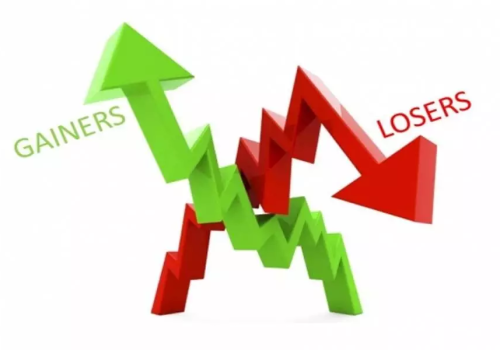Blue Chips vs. Penny Stocks: Why Some Billionaires Choose the Riskier Path
In the realm of investment, the distinction among penny stocks versus blue-chip companies is important. Large, well-established businesses with consistent profits and a track record of expansion are known as blue-chip stocks, whereas penny stocks are smaller, less expensive businesses that trade for less than $5 a share. Although these equities are sometimes written off as risky, speculative investments, several bold billionaires have taken an interest in them.
Because penny stocks have the potential for exponential development, billionaires frequently see opportunity in them. Successful penny stocks may produce returns that are tenfold larger than those of blue-chip stocks, which can give returns of 10–15% yearly. Having amassed enormous fortunes, billionaires are motivated to increase their wealth due to their risk tolerance and foresight. Instead than running away from risk, they see it as an instrument to be controlled and sometimes welcomed. Because of their low visibility and lack of expert scrutiny, penny stocks sometimes provide cheap chances that mainstream investors miss. This is a playground of opportunity rather than a danger zone for seasoned millionaires. Astute billionaires are able to spot turning points and sneak into positions that are advantageous for regular investors.
Nonetheless, billionaires who embark on these risks frequently do so with a diversified portfolio and complete understanding. The possibility for financial success in this dangerous environment is demonstrated by successful penny stock trading tales like those of Timothy Sykes and Carl Icahn, despite these hazards.
Because of their need for challenge, past, and game mastery, billionaires frequently favour penny stocks above blue chips. The qualities that enabled them to accumulate their wealth—creativity, intuition, and calculated risk-taking—are all necessary for penny stock investing. The distinction among penny stocks and blue chips may become hazy in an era of fast innovation and digital disruption, since small tech startups have the potential to overtake established companies in their respective markets. Penny stocks are fertile terrain for billionaires who have access to new markets, teams of experts, and a desire for disruption. Because penny stocks provide the excitement, potential, and edge of off-roading, while blue chips give financial stability and peace of mind, choosing penny stocks versus blue chips is in line with aspiration.
The argument among penny stocks or blue chips comes down to vision, temperament, and strategy. Penny stocks stand for the frontier, and blue chips for the stronghold. Both have a place in the financial ecosystem, but the riskier path is not only acceptable but also better for people who want to push the boundaries of what is possible and welcome uncertainty. Billionaires enter this field with the deliberate goal of obtaining disproportionate profits.





